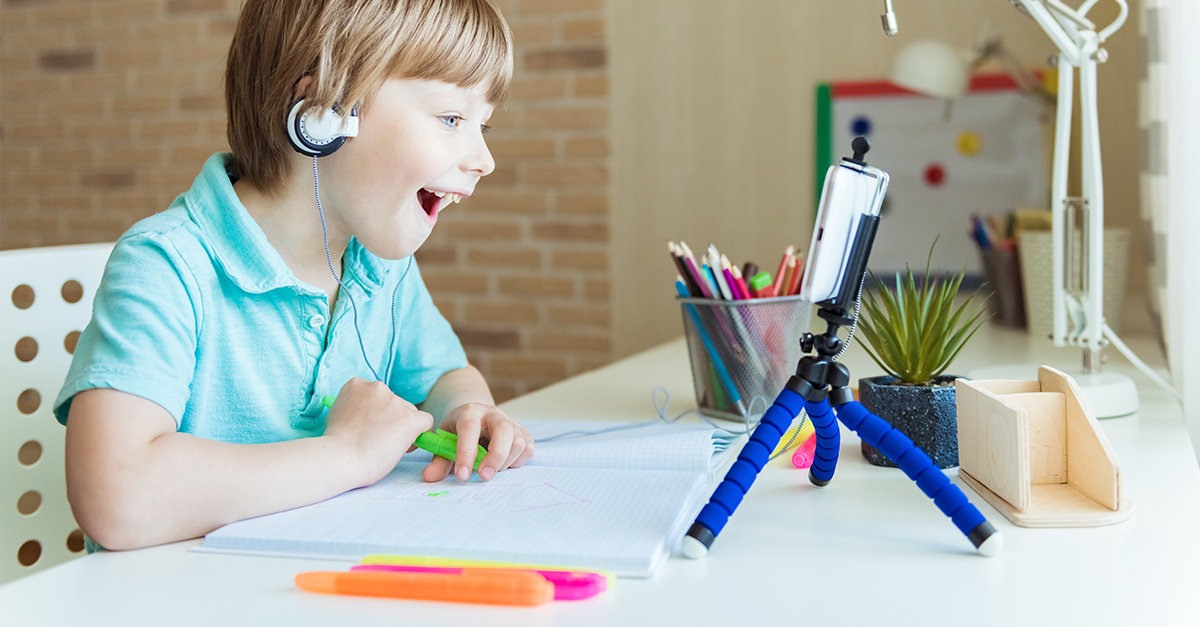3 Characteristics of a Lifelong Learner

The 21st century can be an exciting and intimidating time for learning. One only has to blink and see that technology quickly changes and that we need to keep up with it.
I can’t help but admire my wife’s grandmother who, at 92 years old, decided she wanted a smartphone and went out and bought one! She’d decided she wasn’t going to be intimidated by unfamiliar technology, and she was willing to take the challenge of figuring the phone out. I want to be like her when I’ve reached that age.
3 Characteristics of a Lifelong Learner
Curiosity
Often, learning has to start with curiosity. Curiosity is something my 19-month-old has in abundance. All the time poking into cupboards, opening up books, pointing at things, or walking over to touch whatever it is that’s caught her attention. At times, I wish she’d be a little less curious, but then I’m reminded that her curiosity is essential to learning; it’s essential for my learning as well. I’m privileged with the responsibility of encouraging and channeling a healthy curiosity and interest in learning, not only for others, but also for myself. This realization gives me food for thought. How am I encouraging healthy curiosity in others or in myself? Are there areas where I’m intentionally squelching curiosity and I don’t need to? What changes can I make to rekindle curiosity?
Mistakes
Mistakes are an important learning tool in life. Perhaps that’s an obvious statement, but the theory doesn’t always translate into practice, at least in my own life. I don’t enjoy making mistakes, and I certainly don’t like seeing others make mistakes, either. If we’re honest, not many parents enjoy seeing their children make mistakes that could have been avoided. The reality is that if we want to be lifelong learners and encourage a love of learning, then we each need to remember that mistakes serve a purpose, rather than seeing them as miserable failures. Thomas Edison, when faced with failure, is reported to have said, “I have not failed. I’ve just found 10,000 ways that won’t work.” I believe Edison aptly embodied this philosophy in his quest to invent the electric light bulb. I believe Edison struck upon the greatest “light bulb” moment when he gave this view of mistakes. Ultimately, if we let them, failures define us, whereas mistakes help us grow. Yet how often do we view mistakes as the learning tools we say we believe they are?
Example
I get it; mistakes are cool when someone else’s child is making them. When it comes to my children, however, I want to shield them at all costs from making the same mistake. Actually, permitting children to make mistakes while still in an environment where you can nurture and guide them through the effects of the mistake can be one of the greatest gifts we can give to our children. I write this as a parent who is still in process along this journey, because I’m the parent who tends to overprotect my daughter. At the end of the day, through, I want to encourage my daughter to love learning, which inevitably will involve making mistakes. I want her to define them as stepping-stones, not as failures.
Demme Learning is passionate about “building lifelong learners.” We’re committed to encouraging a love of learning through our products, blog posts, and resources for all ages. Curiosity, a willingness to ask questions, and a healthy view of mistakes are some of the qualities of a lifelong learner that have brought the company to where it is today. We couldn’t have done it without you and we appreciate your consistent loyalty and support for us on this journey.